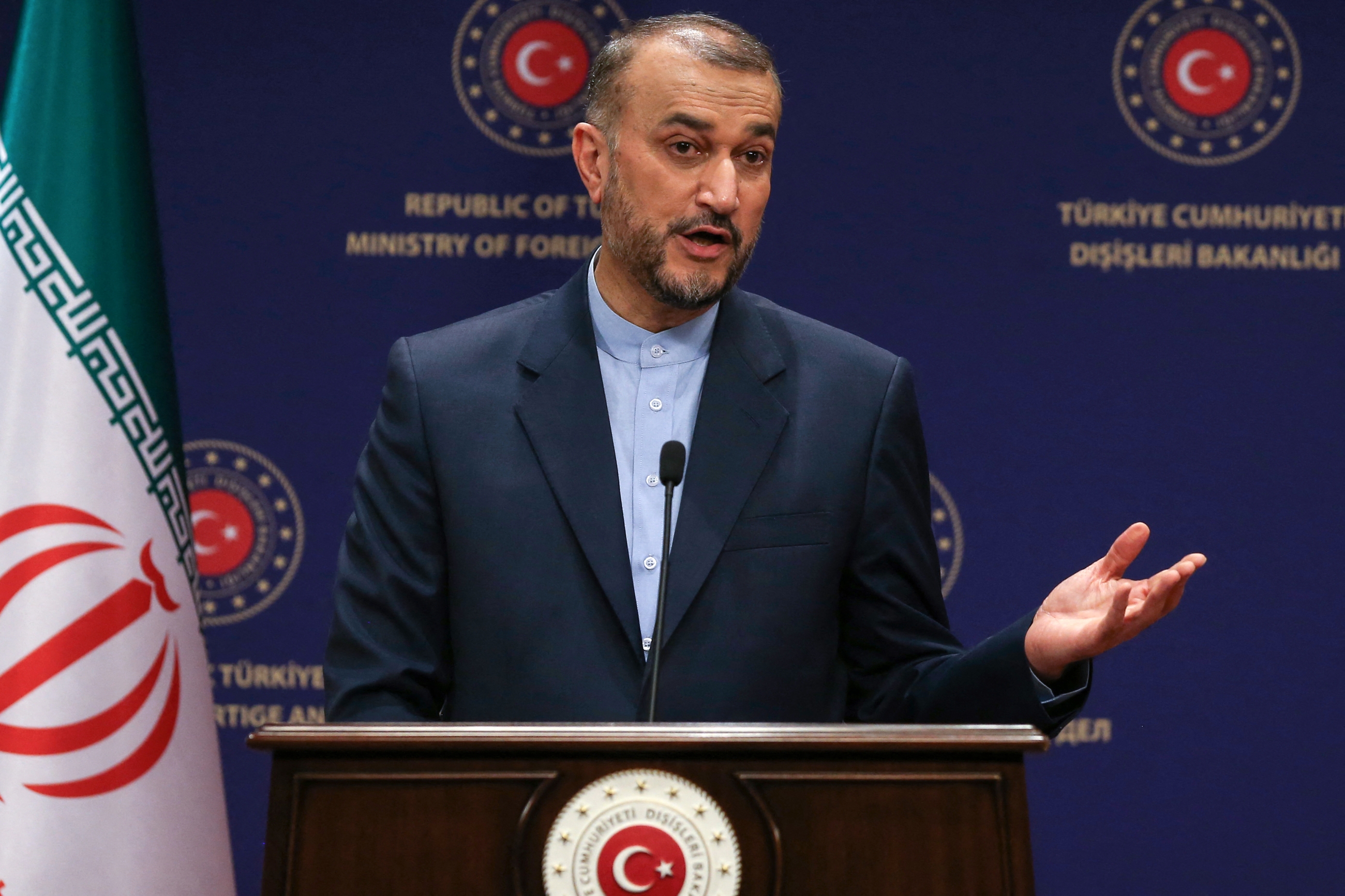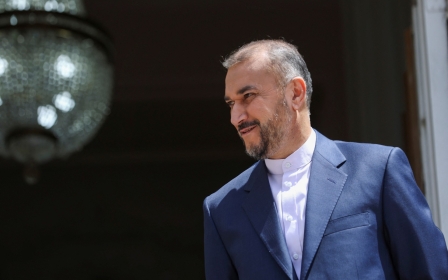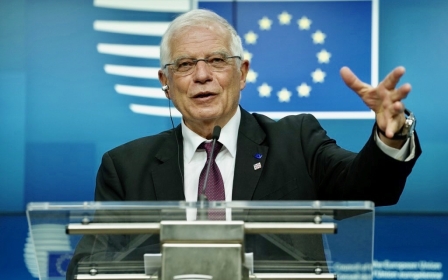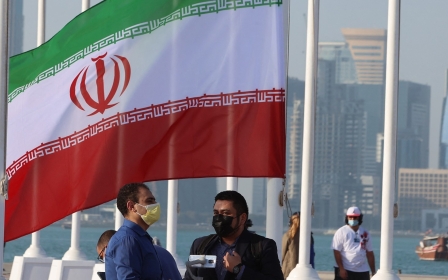Iran walks back earlier pessimism on Qatar talks

Iran’s foreign minister said a revival of the 2015 nuclear deal is still possible, despite the failure of Iran and the US to reach a breakthrough in talks held in Doha, Qatar.
“Our assessment of the recent round of talks in Doha is positive,” Iranian Foreign Minister Hossein Amirabdollahian said in a telephone call on Thursday with his Qatari counterpart, Sheikh Mohammed bin Abdulrahman al-Thani, Iran’s semi-official Tasnim News Agency reported Thursday.
Iran’s top diplomat also tweeted that the country was "ready to reach a good, robust and lasting deal" after negotiations ended on Wednesday without any sign of progress.
The comments appear to conflict with previous statements made by both sides which struck a gloomier tone on the negotiations.
Earlier, Tasnim reported that President Joe Biden's administration's "weakness and its inability to make a final decision" had led to a failure in the talks.
New MEE newsletter: Jerusalem Dispatch
Sign up to get the latest insights and analysis on Israel-Palestine, alongside Turkey Unpacked and other MEE newsletters
"What prevented these negotiations from coming to fruition is the US insistence on its proposed draft text in Vienna that excludes any guarantees for Iran's economic benefit," Tasnim said.
In a statement, a US State Department spokesperson said that Iran "failed to respond positively to the EU's initiative and therefore ... no progress was made”.
Tehran "apparently is not ready to make a fundamental decision on whether it wants to revive the deal or bury it," said the spokesperson, adding that the country had "raised issues wholly unrelated" to the nuclear deal.
The US and Iran have been engaged in talks to revive the 2015 nuclear accord since April 2021. Despite a draft agreement circulating that has settled most issues between the parties, the talks stalled over Iran's demand that the US lift sanctions on the powerful Iranian Revolutionary Guard Corps (IRGC).
The recent push in Doha came as US officials indicated they are preparing a "no-deal scenario". The US envoy for Iran, Robert Malley, cautioned last month that the odds of striking a nuclear deal with Tehran were "at best, tenuous”.
The Trump administration unilaterally withdrew from the nuclear deal in 2018 and reimposed debilitating sanctions on Iran as part of a "maximum pressure campaign".
Tehran maintained its compliance with the accord for a few months before it began rolling back its commitments in 2019 and enriching uranium.
Enrique Mora, the EU’s top coordinator, shuttled between Iran's Ali Bagheri Kani and Washington's Malley in an effort to kickstart discussions. Iran has refused to negotiate directly with the US, leaving it to the accord’s other signatories to serve as a go-between.
Mora tweeted on Wednesday that the talks in Doha ended without the progress "the EU team as coordinator had hoped-for”.
Middle East Eye delivers independent and unrivalled coverage and analysis of the Middle East, North Africa and beyond. To learn more about republishing this content and the associated fees, please fill out this form. More about MEE can be found here.





